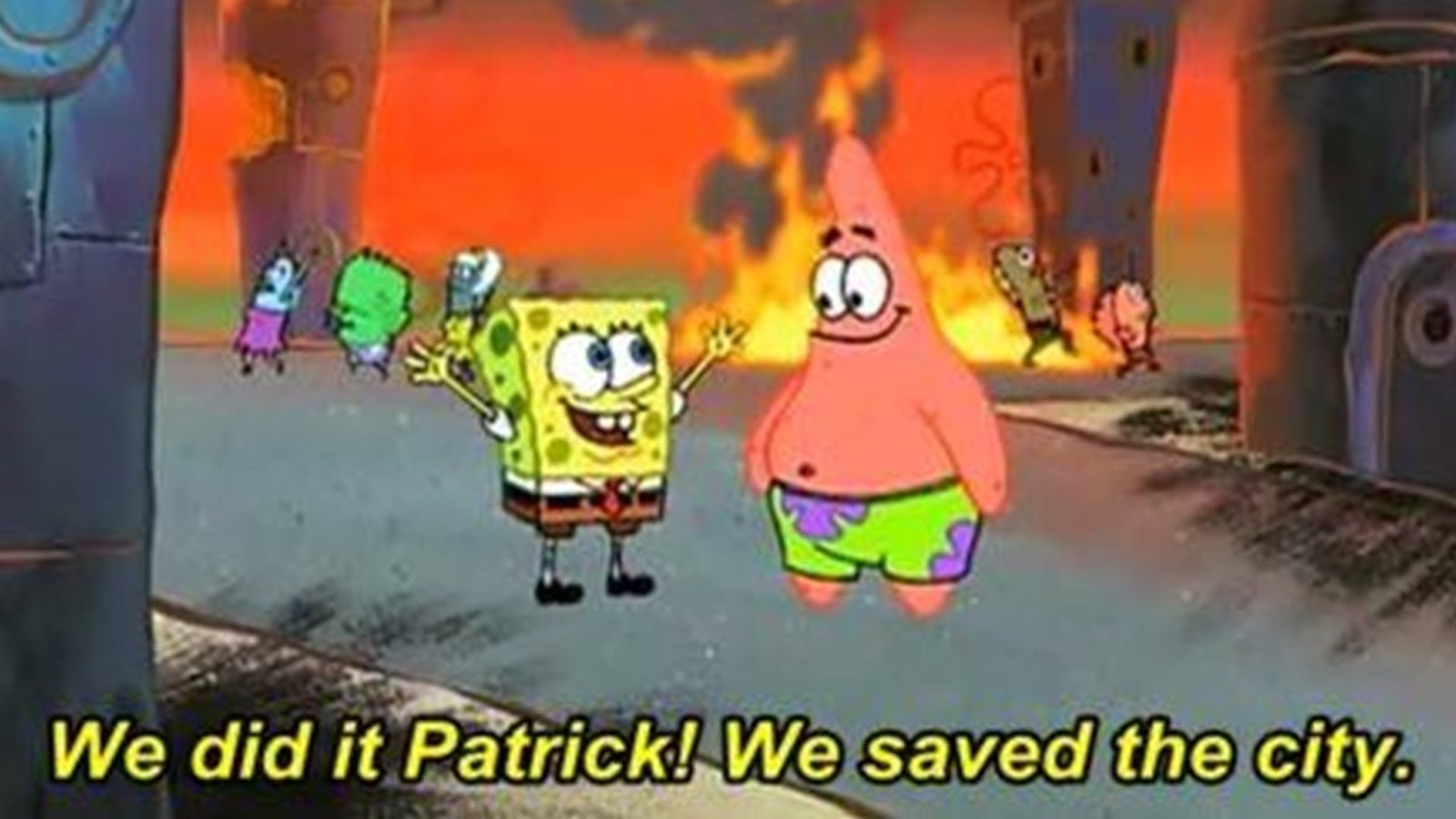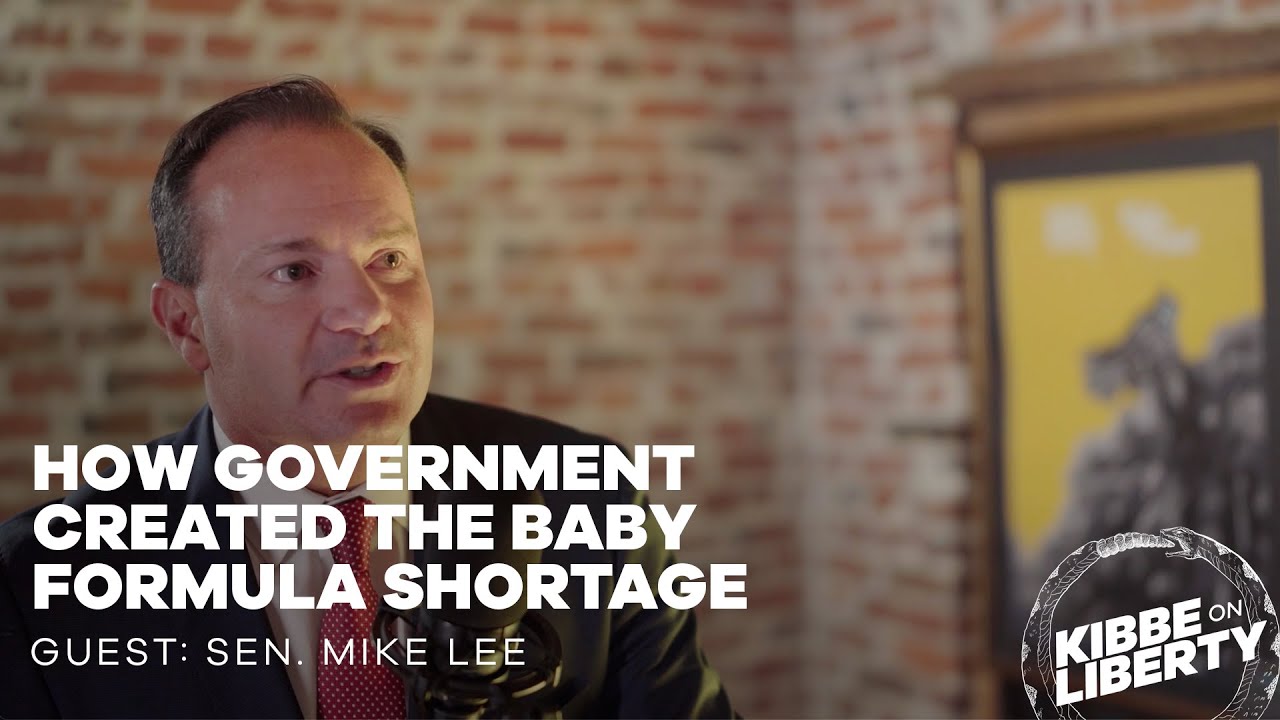
The “Greatest Good” Has Provided Cover for Great Evil
You can’t make an omelet without breaking a few eggs. Lenin may have never said those words, but the sentiment remains as powerful and relevant as it ever was. These days, it seems, almost any act, however cruel or unjust, can be rationalized as long as it is done in the name of some cherished, righteous cause.
And while I have long considered “the ends justify the means” to be an example of Machiavellian diabolism in the abstract, in practice, there are all too many who are content, even eager, to get started on those delicious, delicious omelets.
Guilty Until Proven Innocent
Take the list of alleged sexual abusers in media that has been circulating. Now, let me be very clear about this. Sexual harassment is deplorable, utterly unacceptable, and should never be tolerated. I have no sympathy for any man, whatever his position, who is caught abusing women. They deserve what they get.
As a straight, white male, however, it disturbs me the extent to which members of my gender are presumed guilty until proven innocent, and to which no one seems to find anything wrong with this. I have seen concerns of false accusations brushed aside with the sentiment that, as long as women are being protected, it doesn’t matter whether a few reputations or professional lives are destroyed in the process.
This is just one example of what happens when we accept the notion of “the greater good.” Others abound.
We see the same mindset in the political protests popping up all over the country. White nationalists are willing to use violence to combat what they view as an assault on their culture and heritage, while their opponents, embodied in Antifa and other groups, see nothing wrong with bringing clubs and mace to demonstrations in order to pick fights. “What’s the problem?” they wonder. “We’re fighting Nazis. What does it matter if our methods are brutal?”
This, as I see it, has always been the fundamental flaw in utilitarianism, the belief that an action is moral if it results in more good than harm. It’s okay to kill one man to save ten. It’s moral to commit one heinous act as long as it’s in service of something noble.
We Are All the Hero of Our Own Story
Here’s the problem: everybody thinks their cause is righteous. Everybody thinks they are acting for the greater good. Those who want universal health care may think they have the moral high ground, but those who favor a market system are just as convinced that theirs is the correct moral path. When you allow an exception to the rules of justice because “it’s for the greater good” you open the door for literally everyone to use that same excuse to do terrible things. What starts as an exception becomes the rule, and violence escalates on all sides, bolstered by an ever-growing cloud of smug self-righteousness.
Not to engage in hyperbole, but history is rife with examples of this kind of thinking, from socialist darling Che Guevara’s shocking admission in 1962 that his revolution must continue “even though it may cost millions of nuclear war victims” to the countless lives claimed in so-called “holy wars.”
The philosopher Immanuel Kant articulated what he called “the categorical imperative,” which states that we must always treat other individuals as ends in themselves, never as means to an end. In other words, it’s wrong to callously use people to advance our own goals, no matter how important we may think those goals are. It’s basically a more sophisticated rephrasing of the Golden Rule, that we not do to others what we would not have them do to us.
For me, this is why the libertarian understanding of individual rights is so important. Once we understand that people have the right to exist, the right not to be killed, robbed, or tortured, we eliminate all excuses for committing atrocities against them for any reason, even if that reason seems completely justified at the time. A society that believes in rights protects individuals from the fury of the mob, even when doing so might be unpopular, and puts justice ahead of material outcomes.
In the real world, the idea of “the greater good” can be, and has been, used to justify anything, however perverse. I don’t care how noble your motives are. Once you’re willing to sacrifice the lives of innocents for your cause, you’ve lost the moral high ground. The truth is that there is no greater good than respect for the rights and dignity of others.
This article originally appeared on FEE.
Free the People publishes opinion-based articles from contributing writers. The opinions and ideas expressed do not always reflect the opinions and ideas that Free the People endorses. We believe in free speech, and in providing a platform for open dialogue. Feel free to leave a comment.



